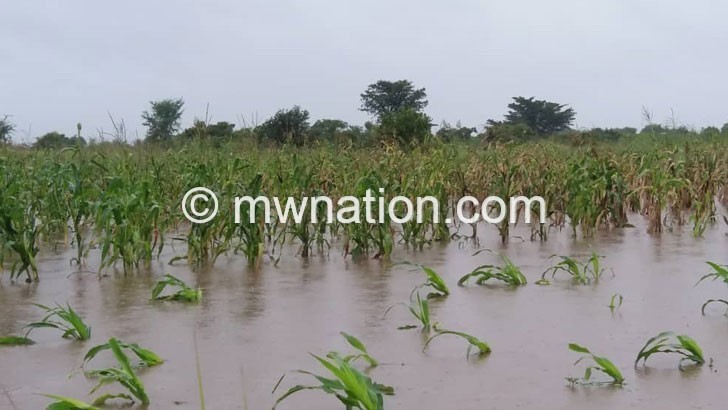Knowledge gaps in disaster warning worry experts
The Department of Climate Change and Meteorological Services has bemoaned the knowledge gaps that still exist in the communities regarding disaster early warning signs.
Speaking at a stakeholders’ coordination meeting organised by the Civil Society Network on Climate Change (Cisonecc) in Mponela director of the Department of Climate Change and Meteorological Services, Jolamu Nkhokwe noted that community members, being the most affected by climate change related disasters, need to be informed.

“There are still some knowledge gaps about these early warning signs at community level and yet the villagers and farmers are the ones most affected by extreme weathers and they need to know what to do when we have those extreme weathers.
“It is our job to make sure that the nation is aware of how the rains in the new season will be like. Our climate scientists have been working on that and we came up with a statement that is being disseminated to the nation,” he said.
Nkhokwe indicated that from October to December, most areas in the southern and central regions are going to receive normal rainfall amounts; but the north is going to receive normal to below normal rains.
From January to March, on the other hand, the climate change expert revealed that there will be normal to above normal rainfall amounts across the country.
He added that this year Malawi will be affected by Lanina — the cooling of water in the Pacific Ocean—which will cause heavy rains in the country.
“In general, the whole country will receive good rains, but we should also expect extreme weather events in form of heavy rains that could cause flooding in most areas across the country,” warned Nkhokwe.
Cisonecc InsuResilience project coordinator Yamikani Mlangiza said there is need for more awareness on risk insurance involving climate change and disaster risk insurance.
On his part, Cisonecc national coordinator, Julius Ng’oma said the delay in operationalising the climate change management fund is affecting the implementation of climate change initiatives in the country.
“We have been raising our voices in terms of the delay in operationalising the fund because we know that in one way it is an opportunity for us to start financing our own initiatives in line with climate change.
“So we are still calling upon government to help us in the finalisation of the process that will lead into operationalising the Climate Change fund,” he said.
Over the years the impacts of climate change have led to loss of lives and constant food insecurity in the country and on the African continent.





